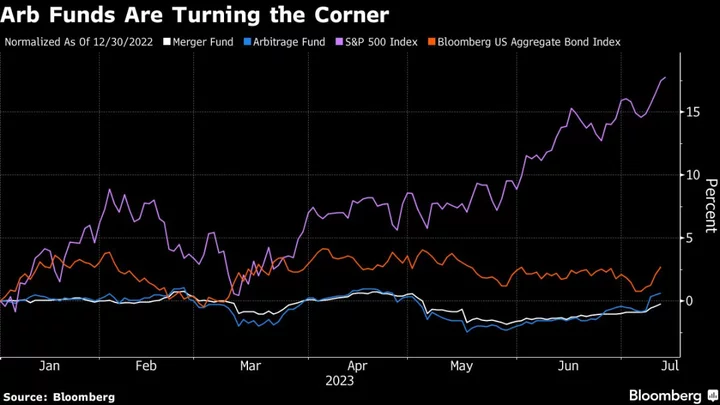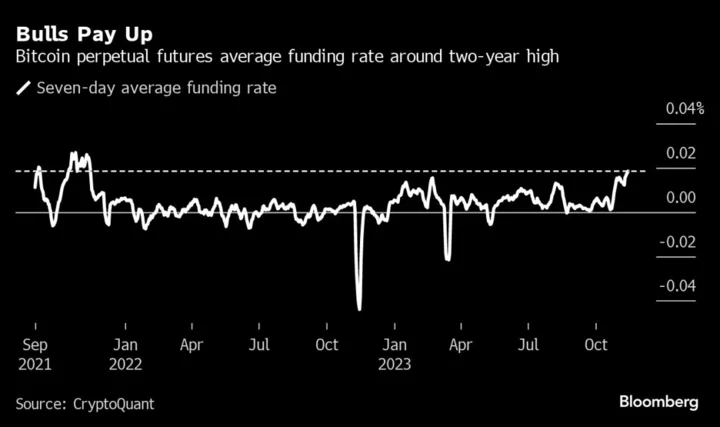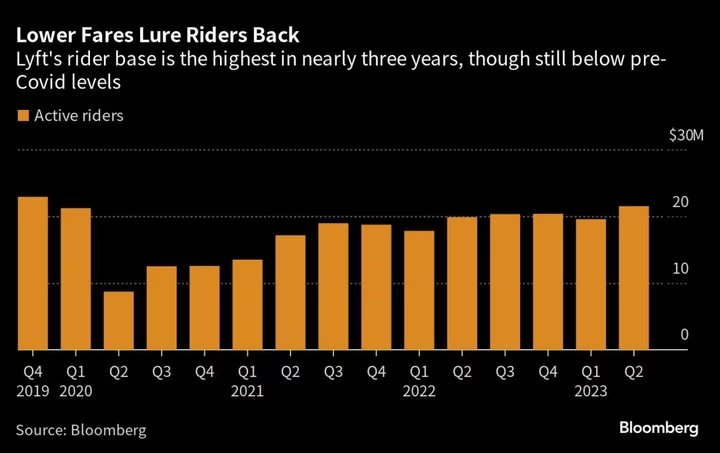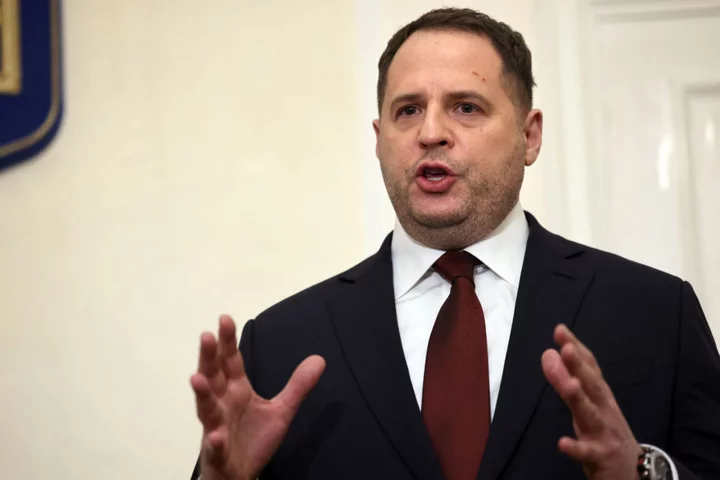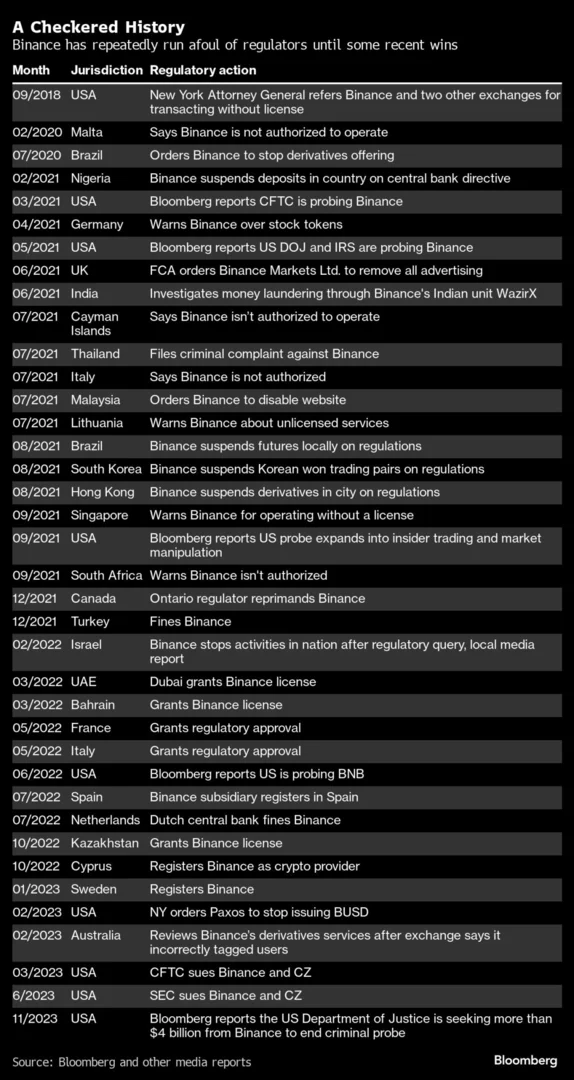Merger-arbitrage investors say the tide is turning in their favor after the Biden administration’s antitrust push suffered a huge legal blow this week, boosting the funds’ returns and emboldening bets on deals in regulators’ crosshairs.
After one of the roughest stretches of performance in several years, this corner of Wall Street got a major shot in the arm Tuesday when a US court ruled that Microsoft Corp.’s $69 billion takeover of Activision Blizzard Inc. could proceed despite objections from the Federal Trade Commission. The agency has been pursuing an aggressive trust-busting agenda under Chair Lina Khan.
The deal is one of the most popular positions for investors who wager on whether corporate mergers will go through, so the ruling swung portfolio values by tens or even hundreds of millions of dollars. It also triggered a repricing of some of the largest pending transactions and helped crystallize views on the limits regulators may face in pushing to derail blockbuster deals.
“There’s a lot of volatility in the marketplace, but if we believe that the case law supports the merger moving forward, we invest and be patient.” said John Orrico, a portfolio manager at Water Island Capital.
Activision has gained about 9% since the ruling, boosting merger-arb traders who’d been sticking with bets that it would close. Meanwhile, in VMware Inc.’s planned $61 billion combination with Broadcom Inc., the gap between Broadcom’s offer and VMWare’s stock price narrowed to the smallest in two months, helped by approval in Europe. And iRobot Corp. is up this week, even though its proposed sale to Amazon.com Inc. has faced a tough FTC antitrust review.
About-Face
It all has made for a stark reversal in merger-arb portfolios. Water Island’s $1.1 billion Arbitrage Fund, which has more than 5% of its portfolio in Activision, its biggest deal position, has turned positive on the year, data compiled by Bloomberg show. The $3.4 billion Merger Fund also advanced, bringing it closer to erasing a 2023 decline.
That said, arbitrage investors aren’t expecting perfectly smooth sailing from here. The UK regulator is reconsidering its opposition to the Activision deal. And the FTC may also continue to pursue an aggressive approach to regulating corporate combinations.
Read More: The Hurdles That Remain for Microsoft-Activision Deal: QuickTake
But Water Island’s Orrico anticipates that deal spreads will get tighter than before with antitrust risk reduced.
“I don’t think we will see as wide spreads in deals that have a solid legal basis to fight forward,” he said. “Merger-arbitrage investors will focus on discerning between strong cases and weak cases.”
Adding On
At Chicago Capital Management, the ruling led Steven Gerbel to add to a position in Horizon Therapeutics Plc. The FTC is taking the biotech company to court in September to block its $28 billion tie-up with Amgen Inc. He had already been building the position in the past few weeks based on observations of the Activision case.
“During the Activision-Microsoft trial, my staff and I kept waiting for the FTC to present some evidence — the smoking gun. That never happened,” he said. “After the hearing, we were shocked that the FTC would even attempt to bring this case to court. And the Horizon case is by far weaker.”
In a Bloomberg News survey, 14 of 15 merger arbitragers polled said they expect the pharma deal will ultimately go through.
Read More: Microsoft-Activision Trial Has Merger Arbitragers Glued to Court
The FTC’s aggressive approach has forced merger investors to devote significant resources to analyzing legal proceedings. Last month, a dozen or so portfolio managers and analysts from hedge funds piled into a San Francisco courtroom to follow the Microsoft-Activision hearing in person, while scores of others were glued to a Zoom audio feed.
By the end, there was a consensus among them that the FTC was unlikely to succeed.
(Updated with prices, chart at close.)

